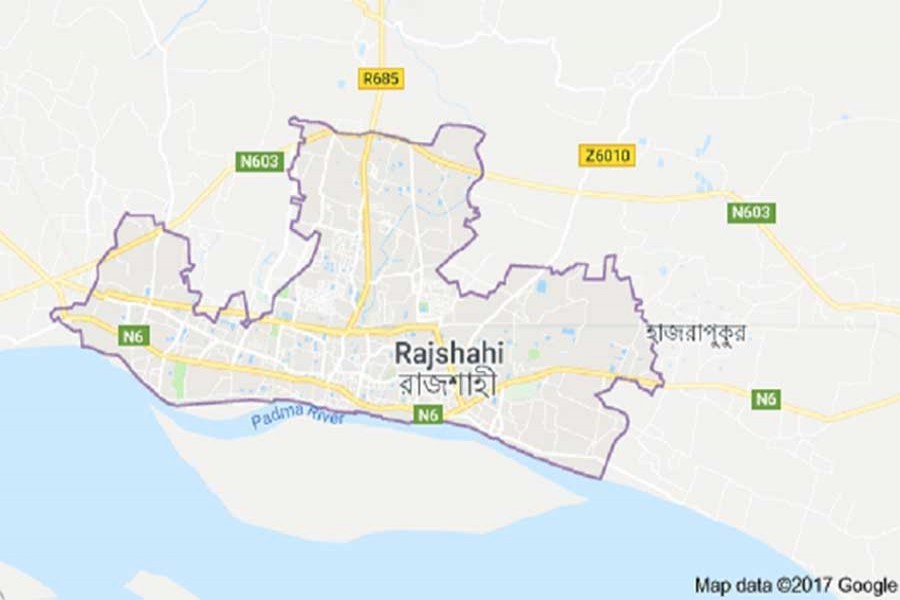Many slum people have started living in brick-built house driving out their long-lasting living life in thatched or mud-house in Rajshahi city.
“I had never thought, even in my dreams, that I would be able to live in such a good house,” said Rupchan Begum, 46, of Chhotobangram Namopara area, with a smiling face on Thursday.
Earlier on, she received a soft-interest loan worth Tk 200,000 from Community Housing Development Fund (CHDF) and constructed the house.
Currently, she is repaying the loan on monthly installment of Tk 3,300 regularly.
With this breakthrough, her level of confidence coupled with dignity in the society has been improved to a greater extent.
“I got a new life through attaining a brick-built house,” said Shabana Khatun, 38, wife of Jalal Uddin of Char Satbaria area.
They had just moved to their new houses, which they constructed with support from CHDF and recently phase-out Urban Partnerships for Poverty Reduction Project (UPPRP) – a UKAID-funded project executed by UNDP with technical support of UN-Habitat.
With technical support from the UPPR Project poor people of Rajshahi city have established a CHDF, a revolving fund for providing land tenure security and better housing for the urban poor.
Rajshahi CHDF has provided housing support for 201 families in 47 settlements in 25 wards out of total 30 ones in the metropolis. Around Tk 32.5 million have been distributed as housing loans from the fund.
CHDF has established a process for providing land tenure security and housing. Through a number of primary savings groups.
CHDF is operating its financial activities. Like Rupchan’s settlement all those improved settlements previously known as slums are now well-designed community housing.
Noor Islam, Executive Engineer of Rajshahi City Corporation, said the beneficiary communities identify and give priorities to the environmental, social and economic challenges they face as well as the required actions to address them.
More than 55,000 slum people under 171 community development committees (CDCs) have come together in anti-poverty savings scheme accumulating around Tk 1.2 billion at present.
Through the savings and credit programmes, the communities now can operate their own savings schemes and create a revolving fund from which credit operations are being managed, added Engineer Islam, also member-secretary of the housing scheme.
Against the savings, the community members received collateral-free loan for operating micro-business besides addressing their emergency needs and other family purposes and the credit figure has been accumulated to around Tk 816.9 million, reports BSS.
After taking loan from CDCs, many of the members are operating different kinds of micro business successfully allowing them to have access to a regular income.
The poor communities operate their own savings scheme along with creating a revolving fund from which credit operations are managed through the savings credit programme generating a new dimension towards women empowerment and curtailing urban poverty.


